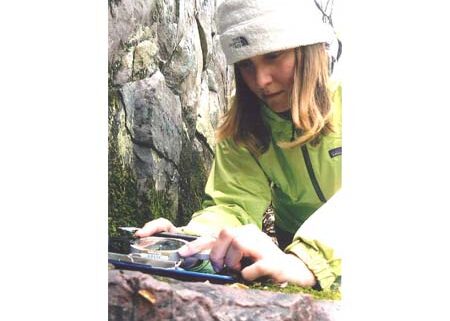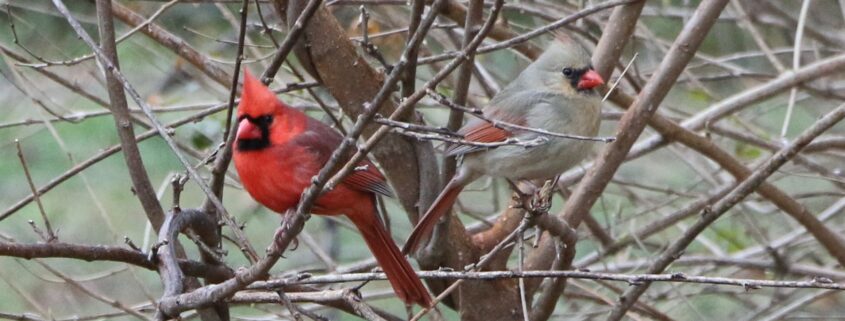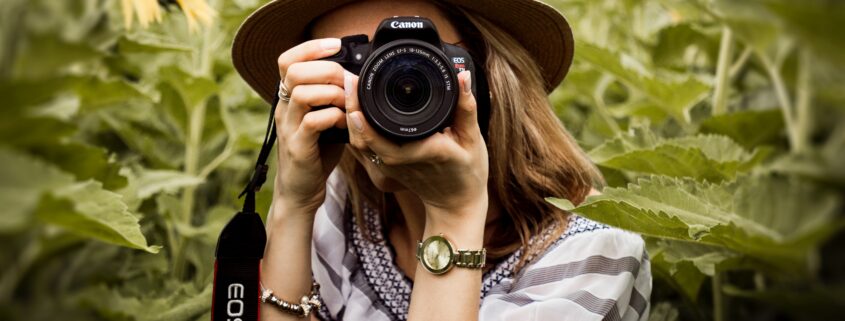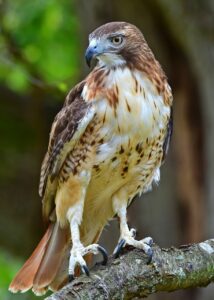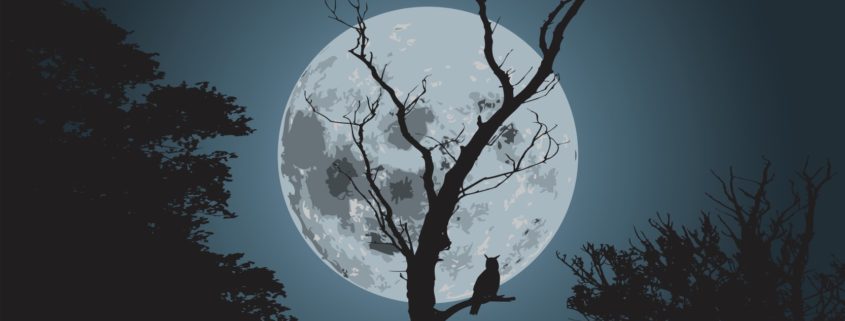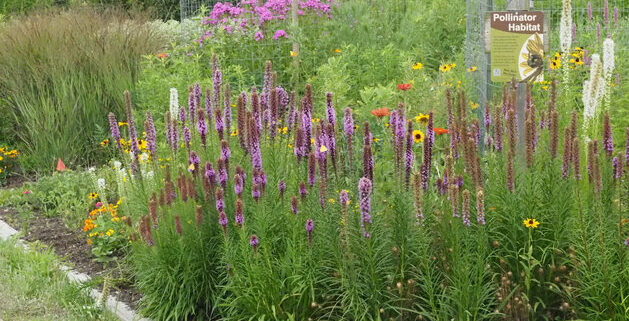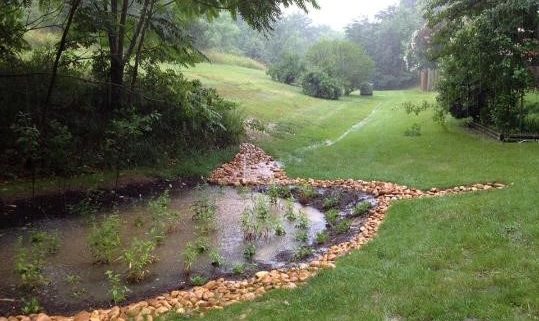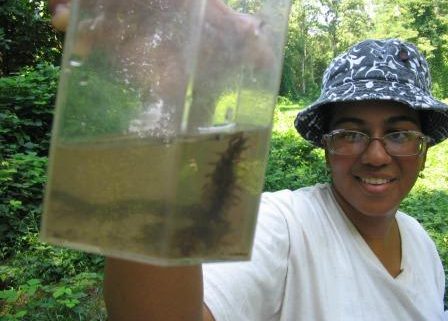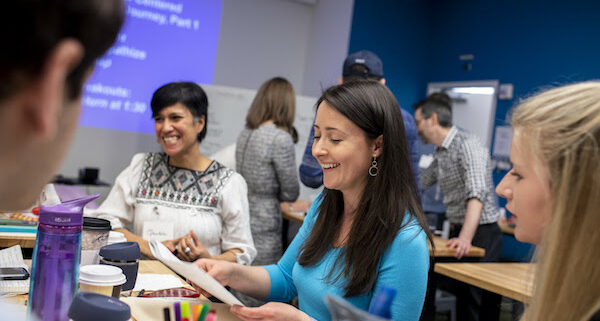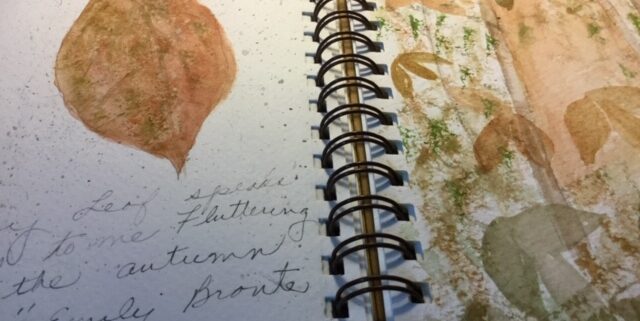2019 Earth Science Week, Oct 13-19
From David B. Spears, State Geologist to Va Master Naturalists
Virginia Master Naturalists,
Since 1998, the American Geosciences Institute (AGI) has sponsored earth science week (ESW) during the month of October (www.earthscienceweek.org). This year, earth science week will be October 13-19. The theme of this year’s event is “Geoscience is for Everyone”, an exciting theme that encourages everyone to learn more about the earth sciences, regardless of their background, age, or ability. The Virginia Department of Mines, Minerals, and Energy (DMME) has been an active supporter of earth science week for several years https://www.dmme.virginia.gov/dgmr/EarthScienceWeek.shtml. This year we are again reaching out to our colleagues in Virginia to promote this important event.
There are several ways that your chapter can get involved:
- Sponsor an event during earth science week. It could be aligned with one of the special days designated during earth science week that focus on earthcaches, science literacy, getting students outside, diversity in earth science, fossils, geologic maps, and archaeology. Learn more about these focus days by visiting http://www.earthsciweek.org/focus-days. If you let us know about your event, we will promote it on our web site as well.
- Encourage your members to submit an entry to the ESW video or photography, contests, which are open to all ages. Entries are due by 5 PM on Friday, October 18. To learn more, visit https://www.earthsciweek.org/contests.
- Obtain a free Earth Science Week kit from AGI by visiting http://www.earthsciweek.org/materials. These kits are full of posters, activities, and additional resources. A limited number of kits are also available for pick-up directly from the Virginia Department of Mines, Minerals, and Energy in Charlottesville or Big Stone Gap.
I hope you will be as excited about this event as I am. If you have any questions or need additional information, do not hesitate to contact DMME at (434) 951-6310.
Sincerely,
David B. Spears
State Geologist


